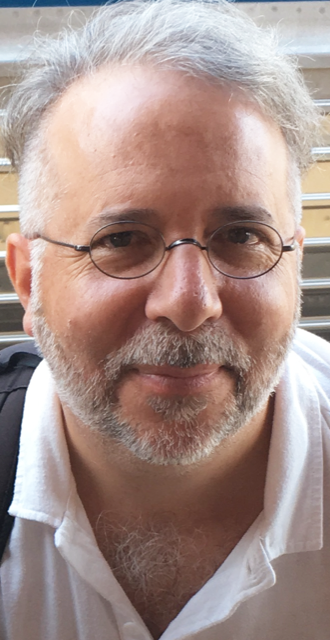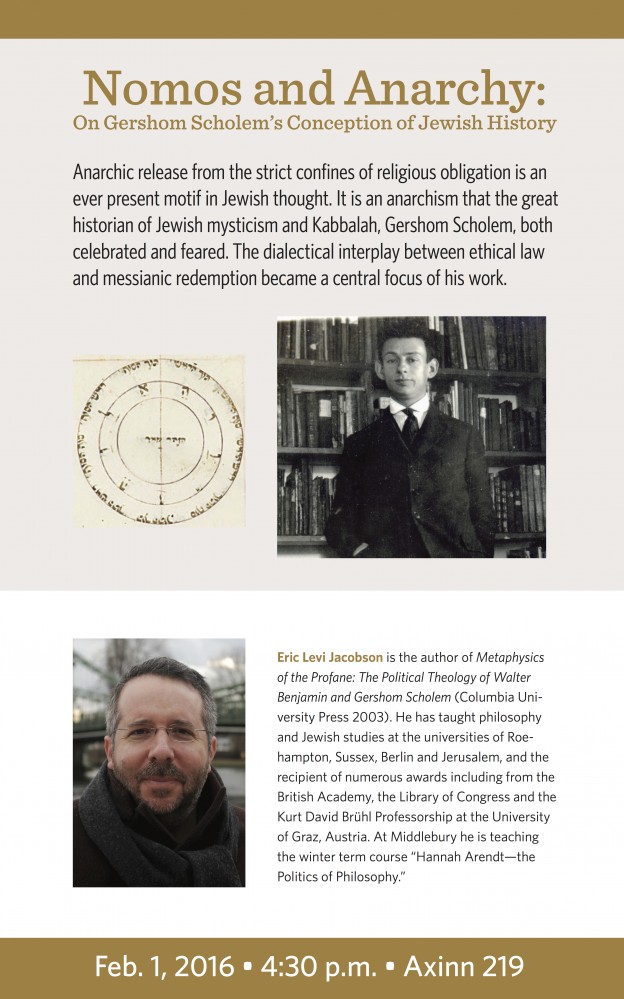Philosophy • Jewish Studies

I am a professor of philosophy and Jewish studies. I have taught in Berlin, Sussex, London, Graz and Vermont. I am Visiting Associate Professor in the Department of Philosophy at Middlebury College. I received a PhD from the Free University of Berlin, and an MA and BA from Goddard College.
I teach Continental Philosophy and the Philosophy of Race. My expertise is in 19th and 20th century German philosophy and modern Jewish thought. I was the Kurt David Brühl Guest Professor of Jewish Studies at the University of Graz (AT), Visiting Faculty at the Hebrew University of Jerusalem (IS), tenured faculty in the Department of Humanities at the University of Roehampton (UK), Assistant Director of the German-Jewish Studies Centre at the University of Sussex (UK), Research Fellow at the Kluge Center at The Library of Congress (US) and the Hans Jonas Center in the Department of Philosophy of the Free University of Berlin (DE). I teach in German and English, and have received research awards from the British Academy, Senate of Berlin, and the DFG.

